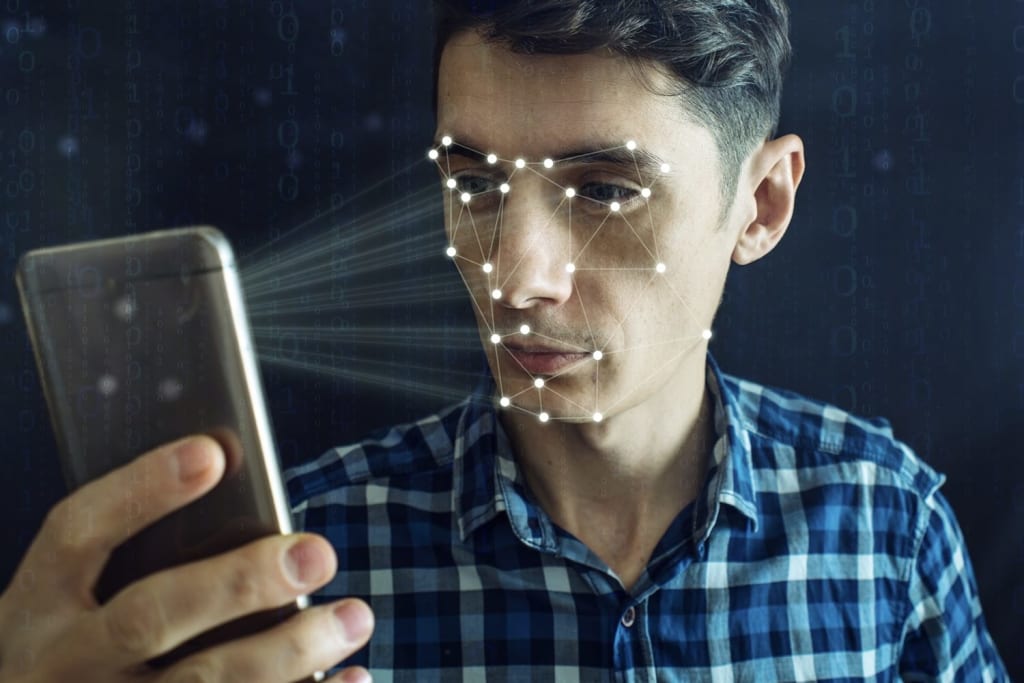The Future of Commercial Security, Trends to Watch in the Next Decade
Commercial Security

In today's rapidly evolving world, it is more critical than ever. As technology advances, so do the methods and strategies for protecting commercial properties. Over the next decade, we can expect significant changes in how businesses approach security. This guide will explore the future of commercial type security, focusing on emerging trends and innovations that are set to shape the industry.
The Rise of AI and Machine Learning in Commercial Security
Artificial intelligence (AI) and machine learning are revolutionizing many industries, and it is no exception. These technologies are enabling more sophisticated and proactive security measures. AI can analyze vast amounts of data in real-time, identifying patterns and potential threats that would be impossible for humans to detect quickly. Machine learning algorithms improve over time, becoming more effective at predicting and preventing security breaches. For example, AI-powered surveillance systems can recognize unusual behavior and alert security personnel before an incident occurs. Machine learning can also enhance access control systems by learning and adapting to the usual patterns of who enters and exits a building, making it easier to spot anomalies.
Biometric Security
Biometric security systems use unique biological traits, such as fingerprints, facial recognition, and retina scans, to verify identities. This technology is becoming increasingly popular because it offers a higher level of accuracy and security compared to traditional methods like keys or passwords. Biometric systems are harder to hack or duplicate, making them ideal for securing sensitive areas. They also streamline the access control process, as employees no longer need to carry keys or remember passwords. As biometric technology becomes more affordable and widespread, we can expect it to become a standard feature in its systems.
Physical Security
Drones and robotics are set to play an increasingly important role in commercial security. Drones can provide aerial surveillance, offering a bird's-eye view of large areas and hard-to-reach places. They can be equipped with cameras and sensors to detect intruders and can be deployed quickly in response to security alerts. Robotics can also enhance physical security by performing routine patrols and monitoring activities. Robots can be equipped with advanced sensors and cameras and can even interact with intruders to deter criminal activity. These technologies can work alongside human security personnel, providing additional support and increasing overall security coverage.
Environmental and Smart Building Security
As businesses become more environmentally conscious, the integration of green technologies into commercial security is becoming a trend. Smart buildings equipped with energy-efficient systems can also enhance security. For instance, smart lighting can be programmed to respond to movement, deterring intruders and reducing energy consumption. Smart buildings can also integrate security systems with other building management systems, such as HVAC and access control. This integration allows for more efficient and effective security measures, as systems can communicate and respond to potential threats in a coordinated manner.
The Importance of Privacy in Commercial Security
As security technologies become more advanced, concerns about privacy are also on the rise. Businesses must balance the need for security with the need to protect the privacy of employees, customers, and other stakeholders. This includes implementing policies and practices that ensure data is collected, stored, and used responsibly. Transparency is key to maintaining trust, and businesses should be clear about what data is being collected and how it will be used. Regular audits and compliance with privacy regulations are essential to ensuring that security measures do not infringe on individual rights.
The Future of Security Training and Education
As it evolves, so too must the training and education of security personnel. The future will see an increased emphasis on specialized training programs that cover the latest technologies and methodologies. This includes training in cybersecurity, the use of AI and machine learning, and the integration of IoT devices. Continued education will be crucial for staying ahead of emerging threats and ensuring that security personnel are equipped to handle the complexities of modern security. This may involve partnerships with educational institutions and ongoing professional development programs.
Conclusion
In conclusion, the future of commercial security is set to be shaped by a range of emerging trends and technologies. From AI and machine learning to IoT devices and biometric systems, these innovations promise to enhance security measures and improve overall safety. However, businesses must also address the challenges that come with these advancements, such as privacy concerns and the need for specialized training.
About the Creator
Enjoyed the story? Support the Creator.
Subscribe for free to receive all their stories in your feed. You could also pledge your support or give them a one-off tip, letting them know you appreciate their work.





Comments
There are no comments for this story
Be the first to respond and start the conversation.